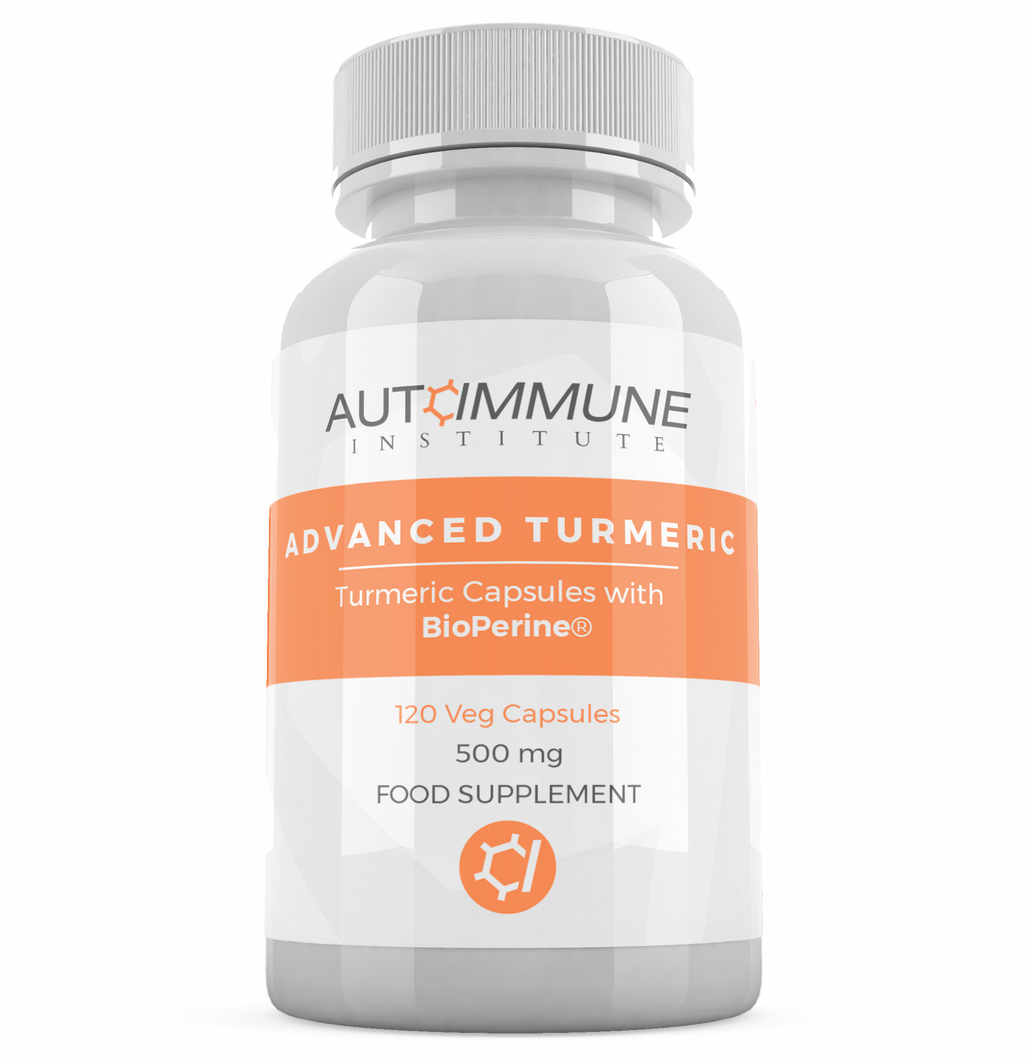8 Ways To Reduce Inflammation
Inflammation is the main cause of symptoms in almost all health conditions.
When someone suffers from Crohn’s or Ulcerative Colitis (Inflammatory Bowel Disease), for example, it's inflammation somewhere in the digestive tract.
With arthritis, it's inflammation in the joints.
Psoriasis is inflammation in the skin cells.
Fortunately, there are things that you can be doing that may help to reduce inflammation (many of which a doctor likely isn’t sharing with you right now).
Here’s some of the most effective:
#1 Cut down on sugar
I’m not necessarily as anti-sugar as a lot of people and don’t really believe that people need to cut out all sugar.
I certainly still have sugar in my diet (I’m particularly partial to ice cream at this time of the year, in fact, for all the year!).
However, overconsumption of sugar is a major cause of obesity, as well as being linked with increased inflammation.
So, while you don’t need to cut it all out necessarily if you do want to keep your inflammation as low as possible, a diet full of sweet, fizzy drinks, desserts and chocolates might not be the best plan.
#2 Minimising Stress
Stress is a major driver of symptoms, it’s been shown to increase inflammation levels and will affect how well you digest foods (not to mention, quite often, the foods that you choose to eat).
Keeping stress under control is critical for long term health.
#3 Oily Fish
The omega 3 fats found in oily fish have been shown to beneficial at helping to reduce inflammation levels.
The types of fish to be looking for are things such as sardines, wild salmon and mackerel.
If you don’t eat a few servings of oily fish each week then using a quality fish oil supplement each day is often worthwhile.
#4 Quality Sleep
Sleep is critical for your overall health and lack of sleep will impact your inflammation levels.
In fact, like stress, it will also impact the food choices you make, your activity levels and many other aspects of life.
Studies have shown a lack of sleep to be linked with flares in people with IBD, for example.
There is so much that can be done to help improve sleep, from changing the foods you eat before bed, working on stress, pre-bedtime routine, taking magnesium and much more.
#5 Identify food sensitivities
Eating certain foods that you are sensitive to will increase inflammation.
These can be anything and while certain blood tests can be done to test for food sensitivities they generally aren’t all that accurate, certainly not at the start of someone’s journey.
An elimination and reintroduction protocol, on the other hand, is generally a good place to start.
Over time, as we heal the gut, many of these sensitivities can go away, but while you are struggling and while gut health isn’t where we need it, certain foods can be causing inflammation.
#6 Stay Active
Staying active doesn’t mean overdo it on the exercise front (because doing too much can be a stressor on the body that increases inflammation) but at the same time, some form of activity (even if it’s only a few short walks each day) has been shown to help reduce inflammation.
#7 Careful with the alcohol
While a small number of certain types of alcohol (such as wine) in moderation may help to lower inflammation levels for some people, too much alcohol or the wrong types can drastically increase it.
#8 Turmeric
Turmeric has been shown in many studies to be an effective anti-inflammatory with some studies showing that it's even more powerful than 14 of the most heavily used anti-inflammatory medications (and without the side effects).





